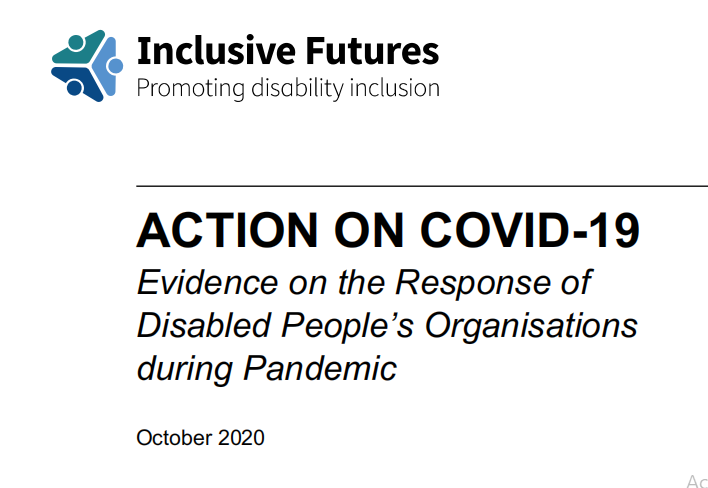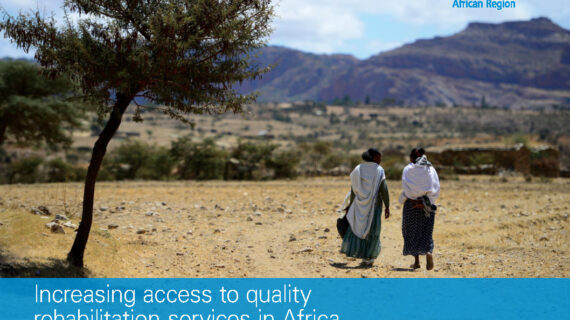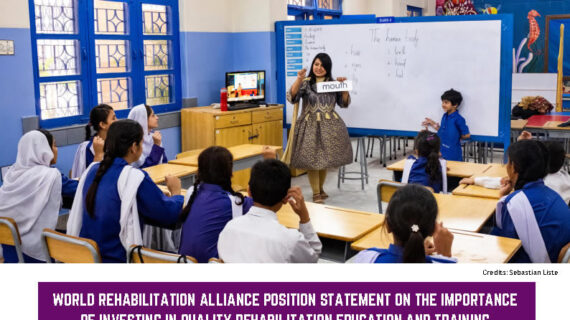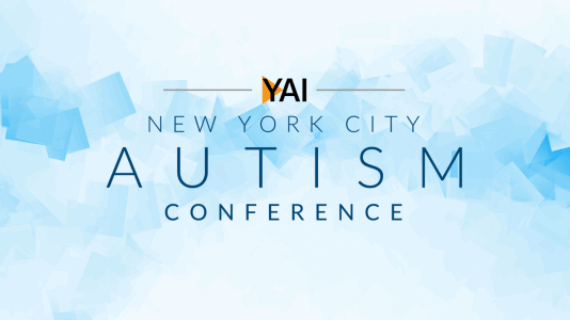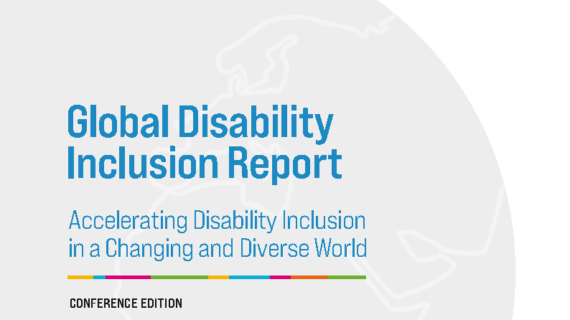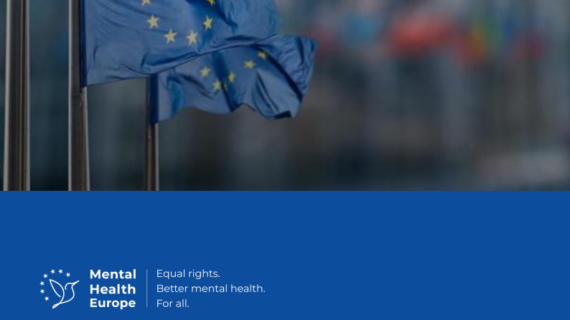ACTION ON COVID-19 Evidence on the Response of Disabled People’s Organisations during Pandemic
In June 2020, ADD International conducted structured interviews with leaders from ten Disabled People’s Organisations which are participating in the Inclusion Works programme in three districts in Bangladesh to understand impact of and response to Covid-19 among DPOs.
Evidence from these interviews suggest that the economic impact of Covid-19 on persons with disabilities has been acute, and Disabled People’s Organisations are taking critical action. DPOs are engaging with power holders to make relief, livelihood support and information accessible to persons with disabilities. DPOs are in touch with their members, but they face barriers in doing their work during this time, and more could be done to reach the most excluded.
- Most members have lost most of their income. Interviewed DPO leaders estimate that two thirds of their members have lost most of their income as a result of Covid-19. This reported income loss by DPO leaders is consistent with a concurrent survey of DPO members,2 which shows that respondents, on average, report losing 65% of their income since the Covid-19 crisis began. In absolute terms, after adjusting for purchase power parity, this loss is equivalent to moving from £167 to £58 in monthly earnings.
- Covid-19’s economic shock on persons with disabilities is acute, but also widespread, as most are daily wage earners. Interviewed DPO leaders estimate that 63% of their female members and 87% of their male members are informal day labourers who have minimal or no savings.
- DPOs continue to take critical action. Interviewed DPO leaders report that their DPOs have supported more people than they have members in getting access to Covid protection and medical support, 47% of those helped were females.
- DPOs engage with providers to access emergency survival support and longer term livelihood support for their members: Six of ten interviewed leaders report that their DPOs manage lists of vulnerable persons with disabilities who are more affected by the crisis.
They submit those lists to providers so the most vulnerable can access longer term livelihood support.

